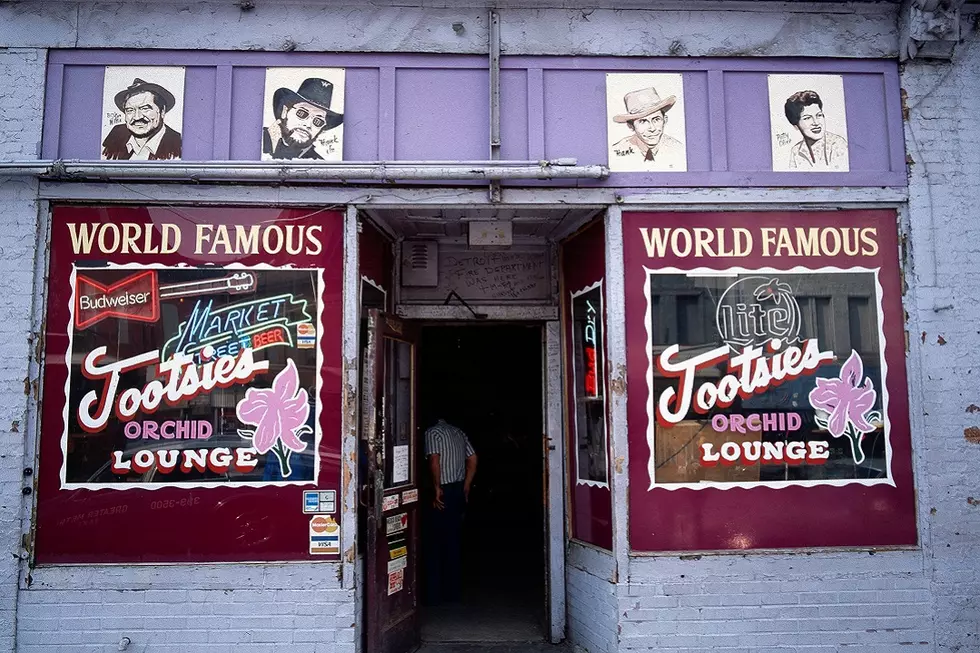
Remember Which Country Music Legend Ran for Governor in Tennessee?
Tennessee has been inextricably associated with country music ever since the commercial roots of the genre, but do you remember which country icon actually ran for governor in his home state?
It's not terribly unusual for country stars to be involved in local and state politics in Nashville and in Tennessee, but Roy Acuff took it a step further when he announced he would run for governor in 1948 on the Republican ticket.
The Maynardville, Tenn., native was one of the biggest stars in country music at the time following the success of records including "The Great Speckled Bird" and "The Wabash Cannonball," and with his quick wit, he eventually became the host of the Grand Ole Opry, which included a national radio show. Acuff also founded the world's largest country music publisher, Acuff-Rose Publishing Company, with songwriter Fred Rose in 1942.
The New York Times reports Acuff actually first appeared on a Tennessee gubernatorial ballot in 1943, when he was entered on both the Democratic and Republican ballots as a protest candidate after then-Tennessee Governor Prentice Cooper said country music was "disgracing the state."
Acuff chose not to run at that time, but according to Time magazine, he "was so popular in Tennessee that the Republican Party begged him to run for the governorship in 1948."
He announced he was entering the race as a Republican on July 24, 1948, and he ran on a platform based on the Ten Commandments and the Golden Rule, saying, "If they don't work in the Capitol, then I don't want to be Governor."
The book Roy Acuff, The Smoky Mountain Boy reports that Acuff was against a poll tax and a tax on churches, but was also pro-union and staunchly in favor of states' rights. Though his campaign was marred by his attempt to lengthen his stump speech from 15 to 30 minutes, as well as an incident in which he was struck by a grapefruit thrown by someone attending a campaign event, Acuff's popularity actually won him the Republican nomination. Tennessee was still squarely a Democratic state at that time, and though he won more votes than any recent Republican had, he was still soundly defeated in the general election by a 2-1 margin, whereupon he happily resumed his country music career.
The Most Political Singers in Country Music
More From 97.3 The Dawg

![All the Country Stars Who Have Received Kennedy Center Honors [PICTURES]](http://townsquare.media/site/623/files/2020/12/garth-kch.jpg?w=980&q=75)




